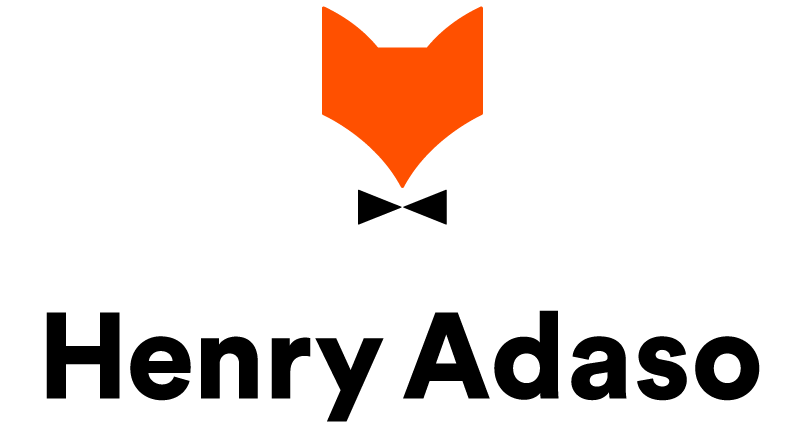Three types of customers
My new eBook, The Marketing Pivot is available for free. Below is an excerpt from the book.
Assess the Impact on Your Customers
Not all customers are created equal. That’s why marketers use segmentation to group customers based on shared experiences and behaviors. When you hear the word segmentation, you probably think of classic segments like geography, lifecycle stage, or recency-frequency. Classic segmentation is useful at all times.
In the context of a downturn, it’s especially important to understand how your customers have been impacted. So, your segmentation exercise should go a step further: it needs to distinguish your customers based on their economic situation. The level of impact will, of course, vary from customer to customer.
According to Forrester, businesses affected by the COVID-19 pandemic can be classified into three response categories: survivors (nonessentials, like hospitality and travel), adapters (mostly financial services) and pioneers (essential services, such as healthcare and grocery stores).
This categorization could also be instructive to customer segmentation. (Note that I have replaced the third group, pioneers, with thrivers.)
1. SURVIVORS
Survivors are merely trying to keep the lights on. There’s nothing left in the budget to spend on your product. The best product you can offer to a survivor is free: empathy. Seize the downturn as an opportunity to demonstrate your brand intelligence.
Insight: Be flexible. Accommodate the requests of your Survivors within reason. For example, if Survivors are in dire straits and need more time making payments, work out a payment plan with them. When the good times return, they’ll remember your kind gesture.
2. ADAPTERS
Adapters are doing slightly better than Survivors. They have had to pivot to stay afloat. Perhaps, the Adapter’s purchasing frequency has declined because of budget cuts. Adapters are seeking more affordable alternatives.
Insight: If you discover that some of your customers are in this category, consider offering value packages to keep them engaged since they may be looking to conserve cash. A good example of a product ripe for Adapters is Apple’s iPhone SE, which was offered at $399--the lowest price for an iPhone. Adapters care about value offerings that are reasonable and justifiable at a time when every penny counts.
3. THRIVERS
A downturn is not bad news for everyone. In fact, it can be quite the opposite for Thrivers. During the first two months of the global pandemic, America’s billionaires saw their wealth increase by $434 billion, according to a report by Americans for Tax Fairness and the Institute for Policy Studies. That takes the net worth of America’s 600-plus billionaires from $2.9 trillion to $3.2 trillion. If the wealthiest people in the US had their own island, it would be the 5th largest economy in the world. If you could set up shop on that island, wouldn’t you?
Insight: If you have Thrivers among your tribe, you are in great luck. This customer has the cachet to continue buying from you and might even increase spending to take advantage of market opportunities. Thrivers care about speed of delivery. Take good care of your Thrivers.
For a practical guide on how to navigate marketing during a downturn, download The Marketing Pivot: How to Promote Your Business During a Downturn.
